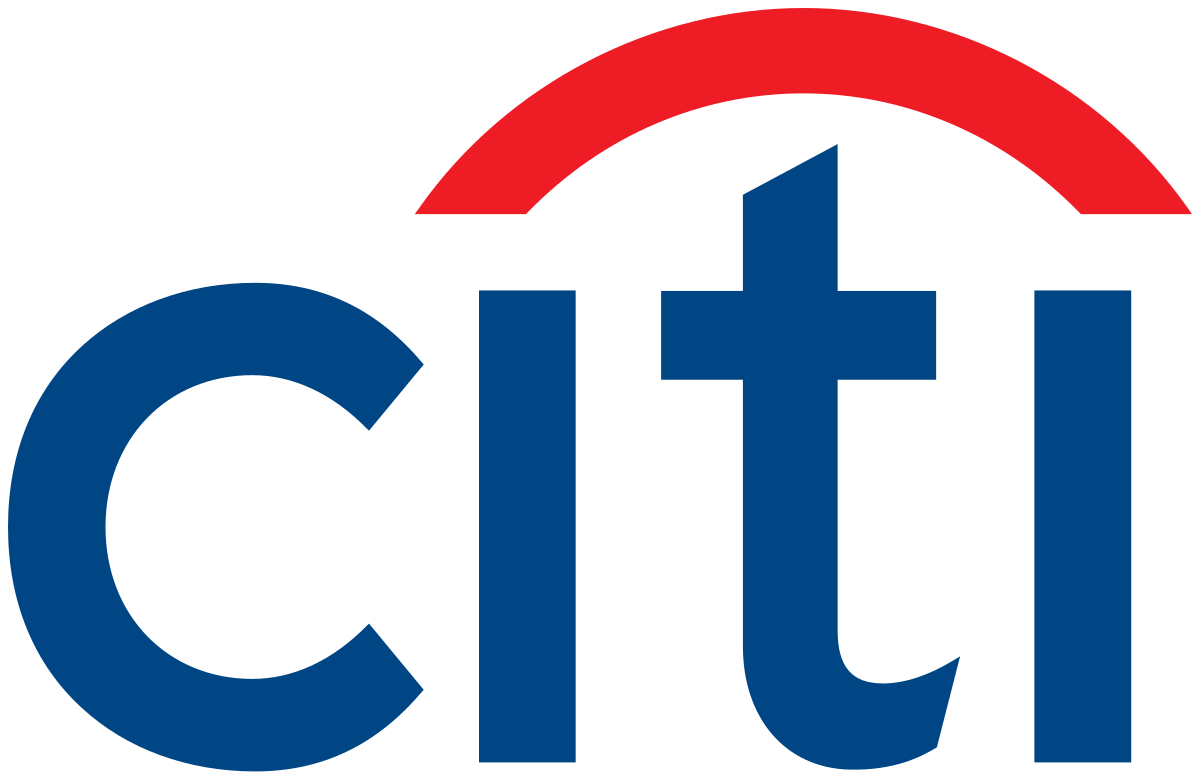The concept of smart beta has become “passé” and needs to be broken down into the different unique product construction approaches, according to analysts at Citi.
In a new report, Citi analysts have predicted one of the defining themes for the ETF industry over the next few years is smart beta losing traction.
As the ETF ecosystem has evolved, the report argued there is no longer the need for the overarching definition that describes many different areas of product development.
The reason for the term smart beta, the report said, was in order to differentiate from core index ETFs so that ETF issuers could argue for a higher expense ratio.
Value’s underperformance highlights systemic problem with smart beta
The analysts highlighted single factor ETFs, dividend ETFs and multi-factor ETFs as the three areas that need to be split from each other.
“Differentiation among product use cases no longer requires a distinct categorisation,” the report said. “Incorporation of ETFs in the many forms of broader market asset allocation approaches now reinforces the utility of different constructs without the need for an overarching definition.”
Furthermore, the analysts warned the growth of smart beta was under threat from the rise of both ESG and thematic solutions.
This has occurred in different segments of the market with ESG displacing traditional core indices while thematics have been an attractive satellite offering for long-term investors, it explained.
“There is also the potential for the emerging ESG, and thematic categories to intersect, especially when we consider more defined impact investing opportunities.”
ETF Insight: ETFs driving ‘demise’ of traditional style investing
ESG is still very much in its early stages of growth however Citi analysts predict ESG ETFs will hit $300bn assets under management (AUM) by 2030, up from current levels of $34bn.
The ESG ETF landscape is split into its own core and satellite areas. The simple exclusion products with low tracking error define core while other areas are satellite holdings.
“The overarching mantra to this theme is know your index,” Scott Chronert, managing director at Citi and co-author of the report, said. “For example, single factor, or dividend products that screen for certain stocks, can have a particular set of characteristics that can drive either alpha in a particular environment, or alter portfolios to meet end investor needs.
“ESG, and thematic product construction will matter, especially in these less defined, emerging categories. In any event, an understanding of underlying index construction is critical to assessing the past or forward performance circumstance.”
Sign up to ETF Stream’s weekly email here



